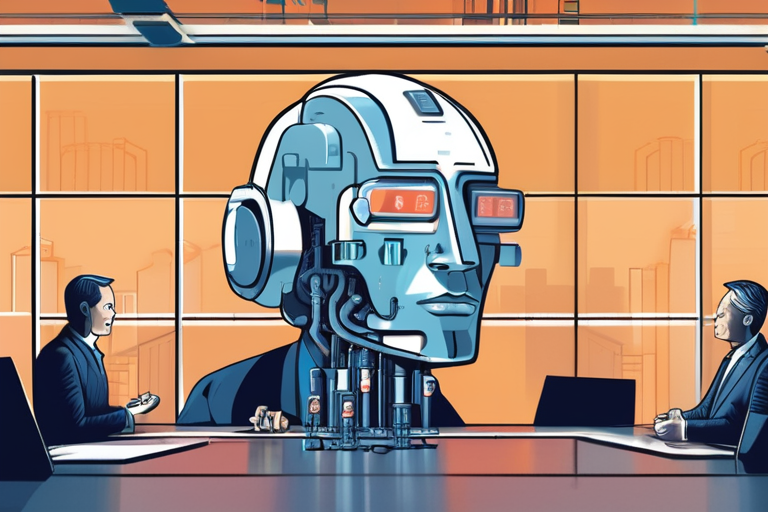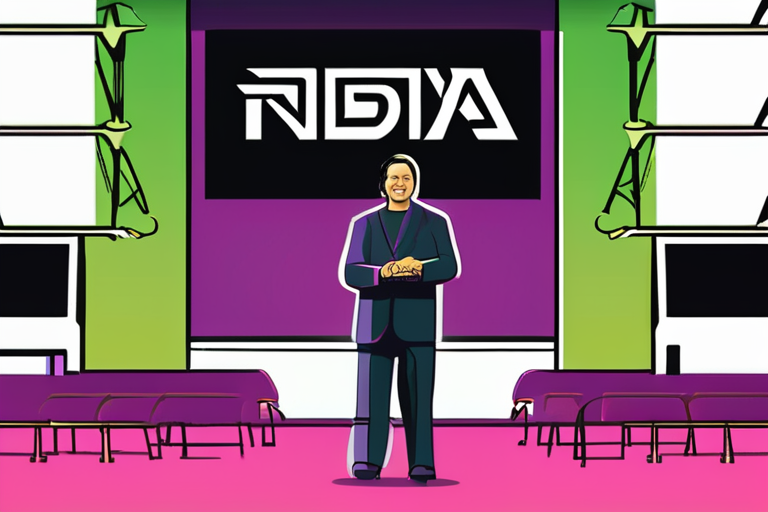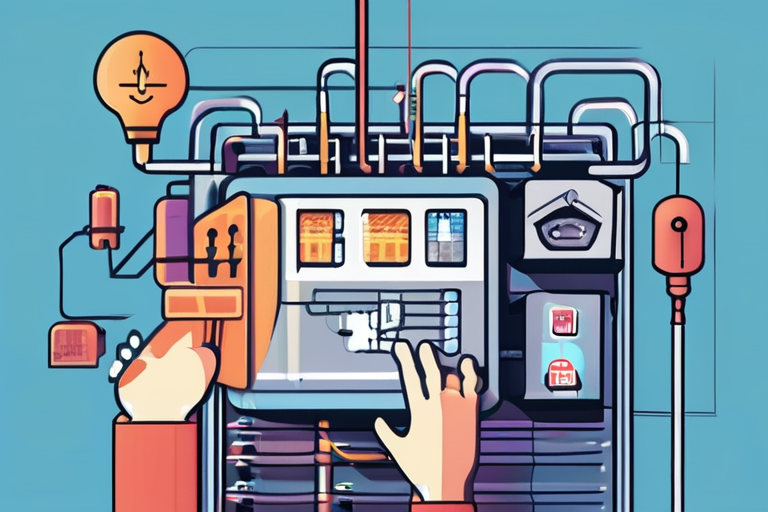Microsoft AI CEO Mustafa Suleyman has announced the company's plans to pursue superintelligence, a significant departure from its previous reliance on OpenAI. This move follows the expiration of a landmark deal between Microsoft and OpenAI, which had restricted Microsoft's ability to develop its own advanced general intelligence (AGI) research. The agreement, which capped the size of models Microsoft could train, has been lifted, allowing the company to explore systems beyond a certain computing threshold, measured in FLOPS (floating-point operations per second).
According to sources, Suleyman emphasized the importance of ensuring that superintelligence serves humanity, citing concerns about the potential risks and benefits of such technology. "We need to be careful about how we develop these systems, so they align with human values and don't exacerbate existing social issues," Suleyman said in a statement. "Our goal is to create AI that benefits society, not just a select few."
The development marks a significant shift in Microsoft's AI strategy, which had previously been limited by its partnership with OpenAI. The company's new consumer AI unit, led by Suleyman, will focus on developing products like Copilot, a popular AI-powered tool for writing and editing. However, with the expiration of the OpenAI deal, Microsoft is now free to pursue more ambitious projects, including the development of superintelligence.
Background on the issue is crucial to understanding the significance of Microsoft's move. Advanced general intelligence (AGI) refers to a hypothetical AI system that surpasses human intelligence in all domains. While the concept of AGI has long been a topic of debate among AI researchers, the potential risks and benefits of such technology have only recently gained widespread attention. Some experts warn that AGI could pose significant risks to humanity, including the potential for job displacement, social unrest, and even existential threats.
However, others argue that AGI could also bring about significant benefits, such as solving complex global problems like climate change, poverty, and disease. "The potential benefits of AGI far outweigh the risks," said Dr. Stuart Russell, a renowned AI researcher and professor at the University of California, Berkeley. "However, we need to be careful about how we develop these systems, so they align with human values and don't exacerbate existing social issues."
As Microsoft embarks on its new AI strategy, the company faces significant challenges and opportunities. With the expiration of the OpenAI deal, Microsoft is now free to pursue more ambitious projects, including the development of superintelligence. However, the company must also navigate the complex landscape of AI ethics, ensuring that its technology aligns with human values and serves the greater good.
In a statement, Suleyman emphasized the importance of collaboration and transparency in the development of AI. "We need to work together with governments, civil society, and industry leaders to ensure that AI is developed in a way that benefits society as a whole," he said. "We're committed to transparency and accountability in our AI research and development, and we look forward to working with others to shape the future of AI."
The implications of Microsoft's move are far-reaching, with potential consequences for the tech industry, governments, and society as a whole. As the company pursues superintelligence, it will be closely watched by experts, policymakers, and the general public. The future of AI is uncertain, but one thing is clear: the stakes are high, and the consequences of failure or success will be significant.



























Share & Engage Share
Share this article